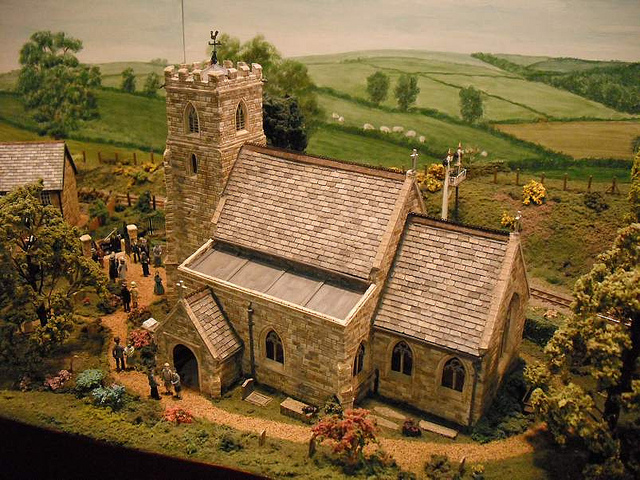Question: We are interested in Missional Communities and have read somewhere that the only rule is that they don’t do ‘miniature church’ on Sundays. Why is that?
Our desire for missional communities not to just “do miniature church on a Sunday” came from a few reflections:
- Lay-leadership: One of the core values of MC’s is that they are lay-led. This means that they grow as lightweight and low maintenance communities that can be led by everyday Christians in their spare time (in the contexts of jobs, families, mission etc), without becoming a heavy organisational burden that prevents people from doing the very thing MC’s are designed to help people to do: live as family on mission together. If we place the expectation on people to recreate a Sunday service with organising musicians, preparing long sermons and taking responsibility for all the various logistics of this, then we have found that we will be setting people up to fail and reducing their capacity to grow family and be on mission together. We will also rarely find people who are prepared to take on this role!
- Mission and accessibility for non-believers: sadly the reality for most churches is that Sunday services have not always proved to be the most accessible place for non-believers to explore faith and encounter God. In a post-Christendom society, “Sunday-church” culture often presents barriers to non-believers feeling able to relate to what is going on and participate in the community in a way that allows them to be drawn closer in to relationship with God and others. Therefore, we don’t encourage people to simply recreate all the practices of a Sunday service in their communities, rather we help them process how Biblical values can be expressed in ways more accessible to others.
- Extended family environment: The reality for the early church was that they had a balance of temple gathering and household (“oikos”) gathering, both being important expressions of their life as a community. Missional Communities are not trying to replace ‘temple’ church altogether – large celebration environments like Sunday services still have a valuable role to play. Missional Communities are looking to become an expression of the extended family sized gathering that we see in Acts, and is so key for discipleship and mission to be effective.
Therefore, there may well be certain similarities between Sunday services and Missional Communities, but we feel they serve different purposes and consequently should look and feel different.
Our primary metric for discerning how the values of a missional community should be expressed is missional vision. Who are we specifically aiming to reach through this missional community (i.e. as a community who is God asking us to be good news to) and what is the best way to reflect that so that our community is accessible to these people? One example is that Missional Communities should be free to meet at whatever time and day they feel serves their vision best and that isn’t necessarily a Sunday morning!
For this reason we are very strong on establishing the core values of a missional community, but very open to dialogue with community leaders about what their communities actually look like in terms of the content of gatherings, their rhythms of meeting and what these times look like.
Part of the problem we had when we started was that Sunday gathering was the only model people had experience of, so we needed to give them other ideas! Hence why we have written a lot of material on missional communities and coached a lot of people in what they could look like.

Simon Ford



